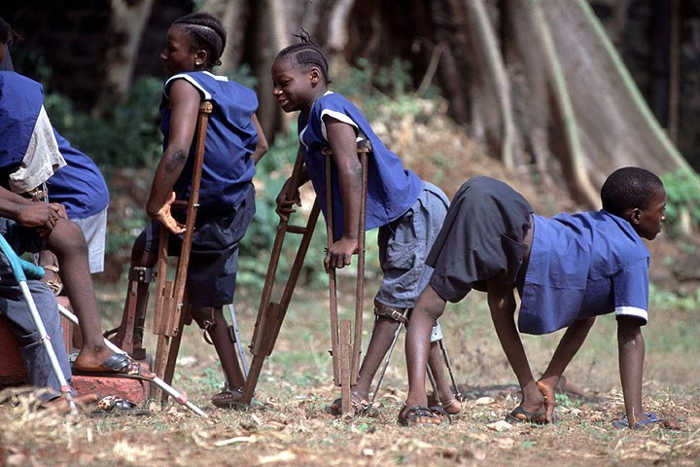This post has already been read 1866 times!
Nigeria may be certified polio-free this December when it would have accomplished interruption of Wild Polio Virus (WPV) transmission for over three years.
By July and August, the country would have gone through 36 months without reporting any case of WPV. The last cases were recorded in Borno State between July and August 2016.
According to the World Health Organisation (WHO), after three years of no incident of the virus on the African continent, official ‘certification’ of polio eradication would be conducted at the regional level.
Executive Director of the National Primary Health Care Development Agency (NPHCDA), Dr. Faisal Shuaib, told The Guardian that there were a number of processes to surmount before the certification.
These, Shuaib said, include presentation of the country’s complete documentation to the African Regional Certification Commission (ARCC) in December during their third meeting.
He hinted that the documentation is an assemblage of verifiable evidence from 1998 to date of what the Polio Eradication Initiative (PEI) Programme had done over the years with respect to Acute Flaccid Paralysis (AFP) Surveillance; Polio Supplemental Immunisation Activities (SIAs); and Routine Immunisation (RI).
“The PEI Programme in Nigeria, domiciled in the National Emergency Operations Centre for Polio within our agency, NPHCDA, is working assiduously to ensure this happens come December,” he enthused.
Shuaib noted that the PEI activities were ongoing despite the situation in Borno and the North East, adding that they were working with all development partners and governments in the zone to ensure qualitative vaccination for children in the internally displaced persons’ (IDPs) camps and host communities.
He further explained: “As we have explained earlier, the declaration is not in July but when our documentation is accepted by the ARCC in December 2019 when the National Polio Certification Committee (NCC) would have presented our complete documentation report to the ARCC.”
The NCC is an independent body of experts chaired by erudite professor of community medicine and public health, Zubair Iliyasu, with other members drawn from the academia to independently assess the progress of the PEI programme towards the nation’s getting a clean bill of health.
Meanwhile, WHO has warned that the number of measles cases globally shot up by 300 per cent last year.
The United Nations (UN) apex health agency said four times as many cases were reported between January and March 2019 compared to the corresponding period of 2018.
It said Africa had seen by far the biggest spike, with cases rocketing from 7,361 in the first quarter of 2018 to 59,943 this year – a 714 per cent rise.
[The Guardian]



